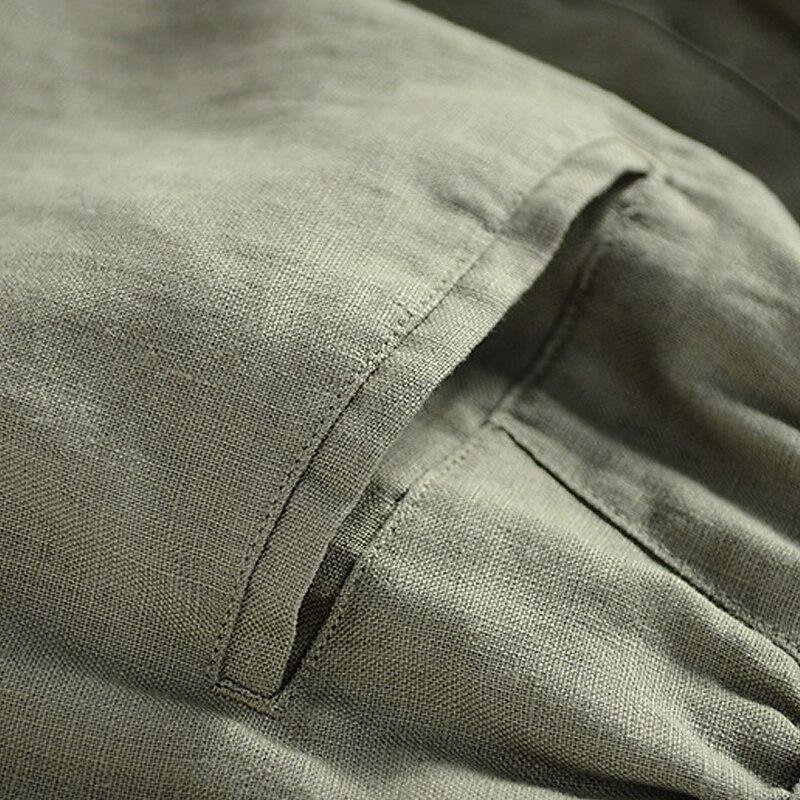Tag: fashion, society, environment, sustainability
Fashion has always been an integral part of human society. From traditional robes to modern haute couture, clothing has not only served as a means of protection but also as a representation of culture and identity. However, with the rise of fast fashion and its impact on both society and the environment becoming increasingly apparent, it is crucial to take a closer look at our relationship with clothing.
Firstly, let us consider the societal influence of fashion. Being well-dressed has long been associated with social status and success. In today’s consumer-driven world, people are often judged by their appearance and possessions rather than their character or abilities. This puts pressure on individuals to constantly update their wardrobes in order to keep up with ever-changing trends.
Sadly, this desire for new clothes at affordable prices comes at a great cost – both socially and environmentally. Fast fashion brands rely heavily on cheap labor in developing countries where workers are subjected to low wages and poor working conditions. This exploitation perpetuates cycles of poverty while fueling our unhealthy obsession with consumption.
Moreover, mass production often leads to overproduction which results in excess waste being disposed into landfills or incinerated – polluting air, water sources, and contributing significantly to climate change. In addition to this environmental impact from production processes is the pollution caused by microfibers released into oceans when we wash synthetic materials used in most fast-fashion garments.
So what can be done? As consumers become more conscious about these issues surrounding fast fashion they have started demanding sustainable alternatives from companies that prioritize ethical practices such as fair trade agreements for workers’ rights along with using eco-friendly fabrics like organic cotton or recycled polyester.
At an individual level too we can make a significant impact by adopting sustainable practices like buying second-hand clothes or investing in quality pieces that will last longer instead of mindlessly following trends. We can also support brands that have taken a stance towards sustainability and hold those who haven’t accountable for their actions.
In conclusion, fashion may seem like a trivial matter but its impact on both society and the environment is undeniable. As individuals, it is important to rethink our relationship with clothing and make conscious choices that promote social justice and environmental sustainability. After all, true style should not come at the cost of human or environmental well-being.

